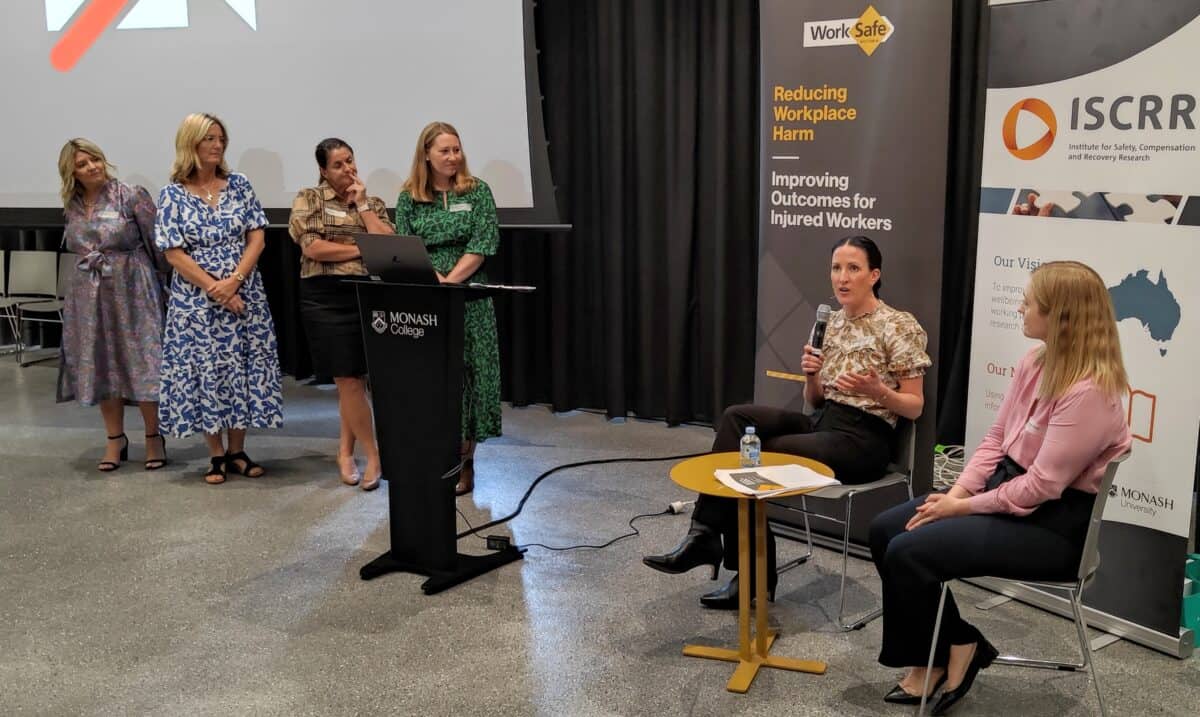Psychological health in the workplace seems to be a recent phenomenon because various Australian jurisdictions are strengthening prevention and management strategies through legislative amendments. This is supported by the World Health Organization’s definition of burnout as an occupational phenomenon. But psychological or psychosocial health and safety at work was a concern last century. In fact, The Australian Psychological Society conducted the First National Conference on Occupational Stress in June 1994, and the book, edited by the late Dr Peter Cotton, based on the papers and presentations from the conference, remains remarkably topical and absent of the well-being language and spin that we have been exposed to since.
Category: harm
Industrial Manslaughter laws for New South Wales? Join the queue
Speculation is occurring about the introduction of Industrial Manslaughter (IM) amendments by the incoming Labor Government in New South Wales. It is likely, as the Australian Labor Party, when in opposition last year, introduced an IM Bill into Parliament. But Industrial Manslaughter laws promise more than they deliver as the push for these laws is based on politics rather than justice or workplace health and safety.
A Neverending Story – Supply chain safety dispute
Several weeks ago, Scott’s Refrigerated Logistics, a prominent Australia trucking company, entered receivership. It seems the Transport Workers’ Union (TWU), as part of a long campaign, chose to take another potshot at one of Australia’s few supermarkets, Aldi, accusing it of “pressuring supply chains” when the average profit margin in this sector has been described as an average profit margin of only 2.5 per cent. Occupational Health and Safety (OHS) in Australia’s transport industry has always been an important issue and is regularly a political football.
The union’s claims are being echoed by Senator Tony Sheldon, a former national secretary of the TWU, in Parliament.
The well-being and psychosocial “wild west”
With the new Psych Health and Safety regs/codes of practice, it seems many corporate ‘wellness’ providers are now branching out into the now topical, psychosocial risk management domain. As someone who supports several national/multinational organisations, I am seeing a big gap between the academic research, provider capability, corporate understanding, and real-world activity. I am also seeing some very questionable tools/approaches/programs and activities emerging in the race to sate the increasing corporate psych risk appetite.
[Guest post by David Burroughs]
Continue reading “The well-being and psychosocial “wild west””Hubris, thy name is HR
The Human Resources (HR) sector often feeds off itself, reinforcing what it has always done, rather than seriously looking at opportunities to improve from outside its own experience and discipline. Workplace mental health is a particular example.
Recently the Human Resources Director (HRD) website promoted a new well-being survey from AON with the headline:
“Want to boost company performance? Invest more in wellbeing – Higher wellbeing scores can enhance performance by up to 55%: Aon report”
My initial response was WTF?! But after giving up some of my identity data to the website and reading the AON Report. My surprise diminished as I realised the report was just another example of comforting a profession on a workplace issue about which it is losing control.
The next stage of OHS analysis?
“One of our key roles as the regulator is to understand why workplace injuries happen” –
Dr Natassia Goode. Worksafe Victoria, February 9, 2023.
Dr Goode made this statement at a research seminar for the Institute for Safety, Compensation and Recovery Research. She went on to explain those “widely acknowledged” causes in an expansive discussion about “systems thinking“.
Another burnout book from the US that ignores OHS duties
Advisory books about how to manage Burnout continue to be published. Another one that, due to the format and publisher, could be influential is Burnout for Dummies by Eva Selhub. Sadly, Selhub consciously downplays the occupational health and safety (OHS) role in preventing Burnout. Her choice sidelines OHS, the organisational context and the employer’s duty of care, but that seems typical for Burnout authors from the United States.







